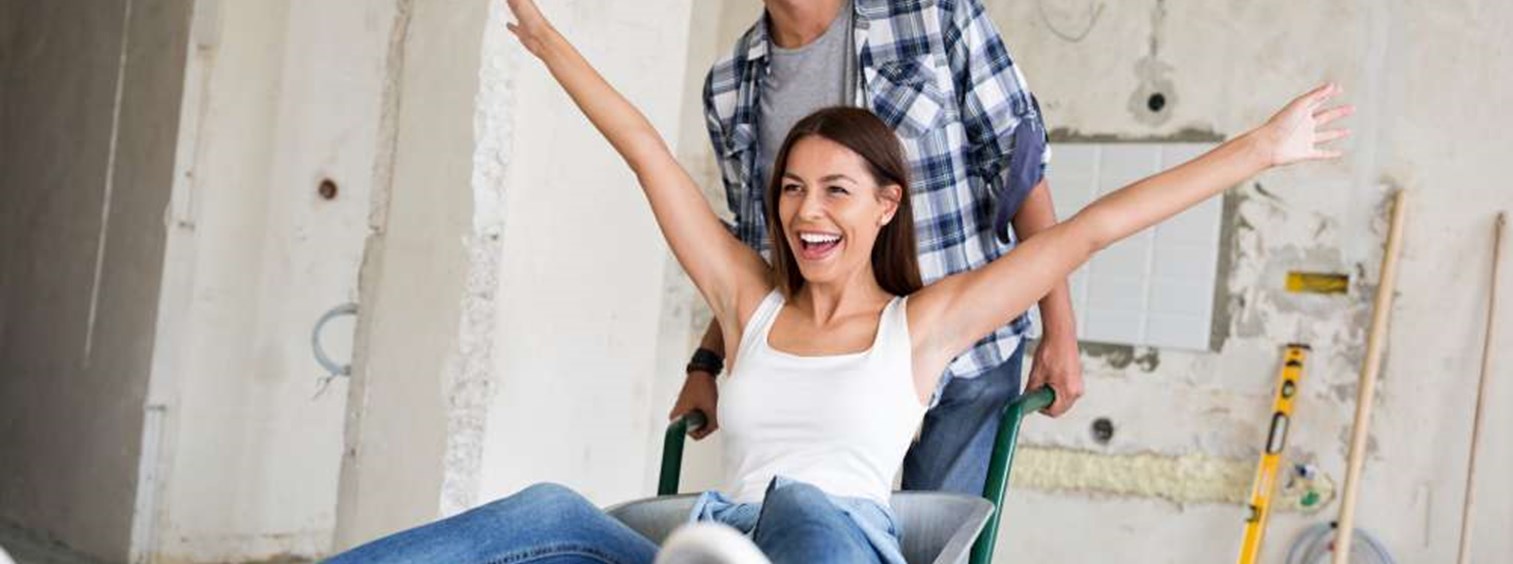Renovate a house. I-VO explains.

Latest Posts
Before renovating a home, you should be clear about the budget you have and the type of work you want to do. In general, the difference is made between a structural change or a superficial change.
In the event of major renovations, a technical architect would be required, our architects from the I-VEO team can ensure that the renovation complies with current regulations and advise them on the type of license required, depending on the magnitude of the renovation. These building permits are requested from the City Council and, depending on the type of renovation, various documentation must be submitted.
The different types of permissions are:
- The Act Communicated: Minor Repairs
- The minor work permit: works that do not affect the structure of the house.
- The Main Work License: permission for works that may affect the structure and that require a technical project.
When a building permit is not applied for at the time of a renovation, the city council opens an administrative process that can lead to various sanctions, such as paralysis of the work, an economic sanction and, in extreme cases, the work carried out illegally can be demolished.
To the license is usually added the tax on buildings, installations and works (ICIO). It is a tax of an optional nature that corresponds to the city council, taxable is the realization, within the municipality, of any construction, installation or work, for which it is necessary to obtain a construction or urbanism license, usually oscillating 4% of the total budget of the work.
-> DEDUCTIONS OF UP TO 60% HOUSING REFORMS
The recovery and resilience plan presents a series of fiscal measures to promote housing rehabilitation actions. The rehabilitation of housing will have a deduction of up to 60% in the Personal Income Tax (IRPF) if it contributes to improving the energy efficiency of the habitual residence. The deductions are as follows:
- 20% when carrying out certain works, reduce at least 7% of the demand for heating and cooling of the house.
- 40% for those who reduce by 30% the consumption of non-renewable primary energy, credible through the energy efficiency certificate.
- 60% for rehabilitation works contributing to the improvement of the energy efficiency of residential buildings, subject to a reduction in the consumption of non-renewable primary energy of at least 30% or the improvement of the energy rating of the building to obtain an energy class A or B.
For any questions or clarifications, our I-VEO experts are at your disposal.

